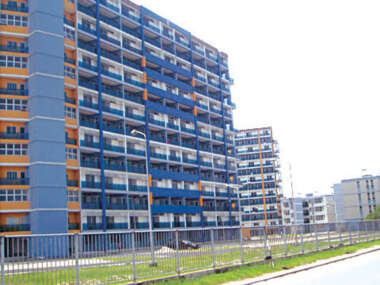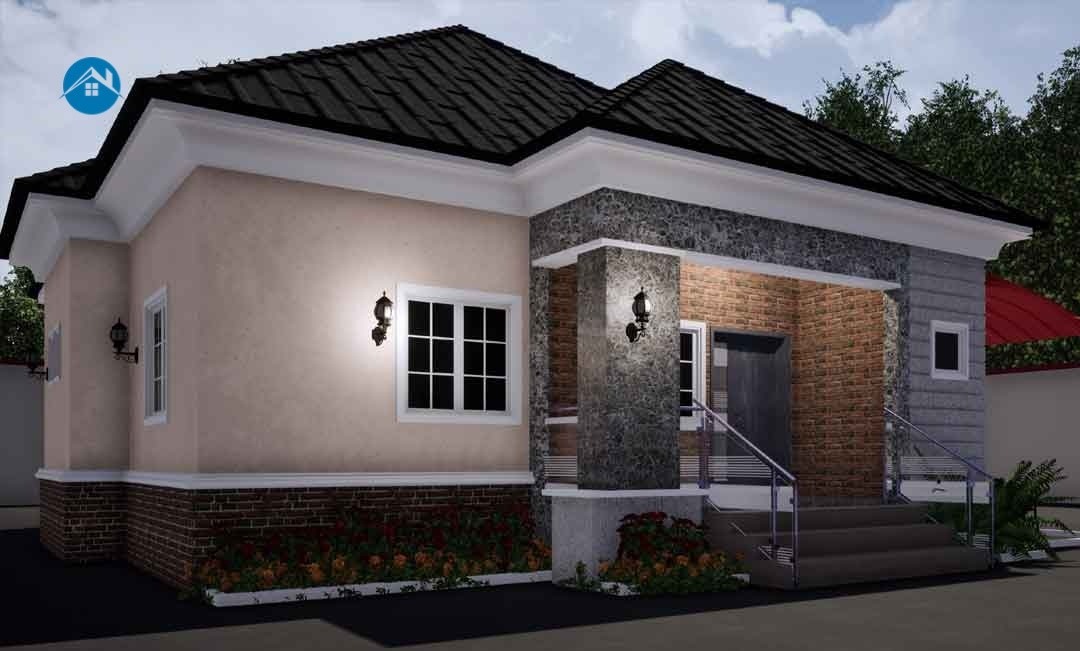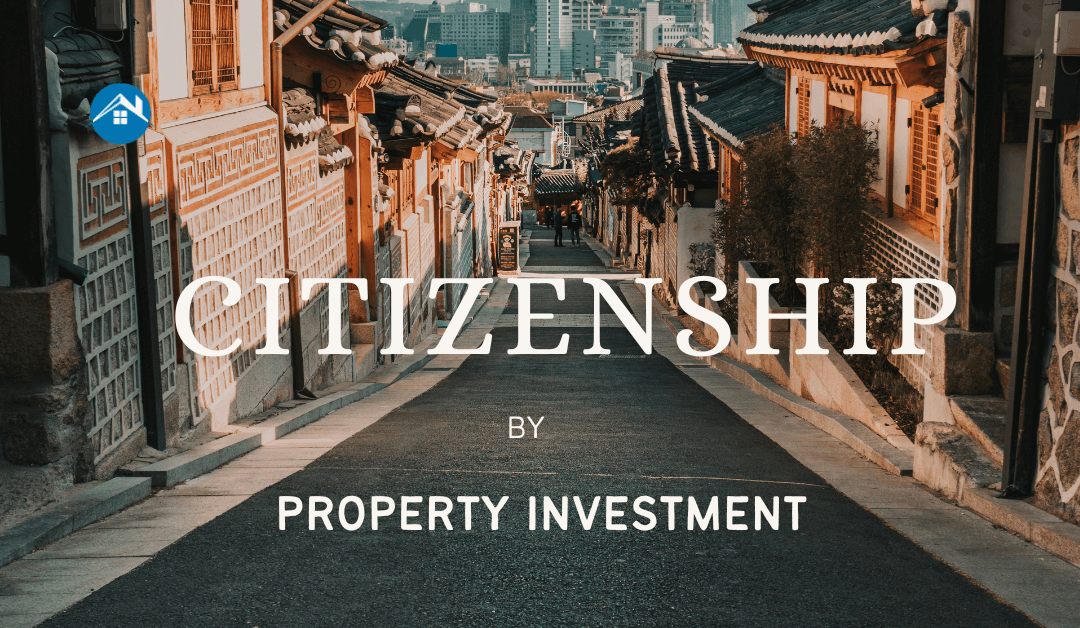Introduction
Owning land is more than just having a piece of property. As a land buyer, property owner or investor, you have the right to use, control, and benefit from the land depending on the land tenure systems involved.
Understanding land tenure systems is key to making smart property investment decisions. Thus, the system determines who owns the land, what right they have over the land, the limit of their right, how they can use it, and for how long.
Knowing these details can help you avoid problems, secure your investment, and make the most of your land. In this article, we’ll explore the different types of land tenure systems, their Advantages and disadvantages, and how they affect land use in Nigeria.
What is Land Tenure System?
A land tenure system is a set of rules and arrangements that govern how land is owned, used, and transferred. Essentially, it defines who can use the land, for how long, and under what conditions. These systems can be formal, based on laws and regulations, or informal, based on customs and traditions. In Nigeria, land tenure systems influence everything from farming practices to real estate investments.
What are the Types of Land Tenure Systems?
There are several land tenure systems, each with unique characteristics and implications for land buyers and owners. Let’s explore these systems and their advantages:
Freehold Tenure System
Freehold tenure system involves the permanent and absolute ownership of land. The owner has the right to use, lease, or sell the land at their discretion. For instance, a family owning a plot in Lekki, Lagos, can build a house, rent it out, or sell it whenever they choose. This system offers security and encourages long-term investment in land development.
Leasehold Tenure System
Leasehold tenure system allows an individual or entity to lease land for a specified period, typically between 5 to 99 years. The leaseholder can use the land for the duration of the lease, after which it reverts to the original owner. Commercial properties in Abuja often operate under leasehold agreements. This system provides access to land without the need for permanent ownership, making it ideal for businesses.
Gift Tenure System
The gift tenure system involves the transfer of land ownership as a gift, often within families. For example, a father might gift a portion of his land in Enugu to his son upon marriage. This system fosters strong family ties and ensures land remains within the family, providing long-term security and continuity.
Tenants at Government Will
This system allows individuals or groups to use government-owned land at the government’s discretion. The government can reclaim the land at any time, often for public projects. For example, informal settlements on government land in cities like Port Harcourt may be reclaimed for urban development. This system allows flexible land use but comes with the risk of displacement.
Inheritance Tenure System
Inheritance tenure system involves passing land from one generation to the next, common in rural areas. A farmer in Oyo State might pass his farmland to his children, ensuring the continuity of farming activities. This system maintains family legacy and ensures that land stays within the family, promoting generational wealth.
Communal Tenure System
Communal tenure system involves collective ownership and management of land by a community. Members have the right to use the land for farming, grazing, or other communal activities. For instance, pastoralist communities in northern Nigeria use communal grazing lands. This system promotes community cohesion and shared responsibility for land use.
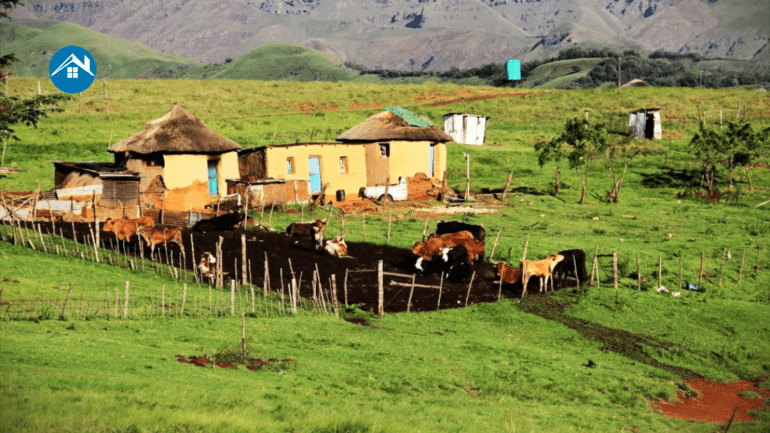
Rent Tenure System
Rent tenure system allows individuals to pay a landlord for the right to use the land. This is common in urban areas for housing or business purposes. Many shops in markets like Balogun, Lagos, operate under rent agreements. This system provides access to land without the need for significant upfront capital but requires regular rent payments.
Statutory Tenure System
Statutory tenure system is based on formal laws and regulations set by the government. It includes public lands and lands allocated for specific purposes, such as industrial zones in Ogun State. This system ensures legal clarity and structured development but can involve bureaucratic processes.
Sharecropping Tenure System
In sharecropping tenure system, landowners allow tenants to farm their land in exchange for a share of the crops produced. This is common in agricultural regions. For instance, a landowner in Benue might allow a tenant to grow yams on their land, with the tenant giving a portion of the harvest to the landowner. This system provides access to land for those without financial resources but can lead to unequal power dynamics.
Advantages of Land Tenure Systems in Nigeria
Security of Tenure: Systems like freehold and leasehold provide landowners and users with a sense of security, encouraging long-term investments and development.
Economic Growth: Clear land tenure systems promote economic activities by providing a stable environment for businesses and agriculture.
Social Stability: Customary and communal tenure systems strengthen social cohesion by ensuring land remains within families and communities.
Flexibility: Systems like tenancy at will and sharecropping offer flexible land use options without significant financial investments.
Disadvantages of Land Tenure Systems in Nigeria
Complexity: Customary and communal systems can be complicated, especially for outsiders or investors, due to lack of formal documentation.
Insecurity: Systems like tenancy at will can create insecurity for tenants, as they can be evicted at any time.
Conflicts: Overlapping claims and unclear boundaries, particularly in customary tenure, can lead to disputes and conflicts.
Limited Access: Some systems, such as freehold, may limit access to land for individuals without significant financial resources.
How Does Land Tenure System Affect Agriculture?
The land tenure system in Nigeria has a profound impact on agricultural productivity. A secure land tenure encourages farmers to invest in their land, improve soil fertility, and adopt modern farming techniques. Conversely, insecure land tenure can discourage investment and lead to poor land management practices.
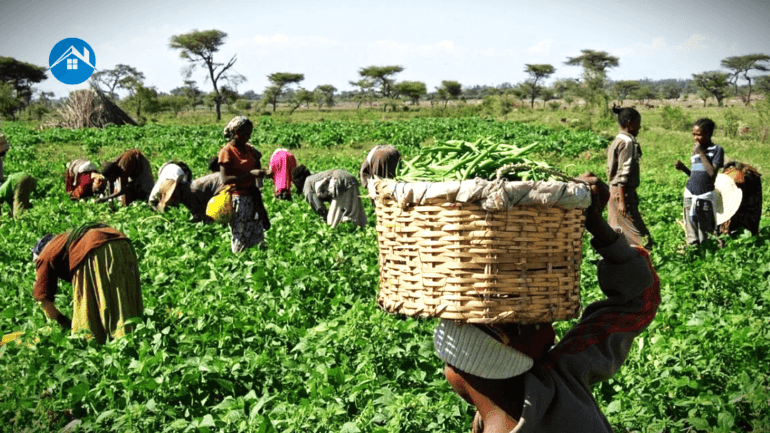
Customary and communal land tenure systems often ensure that land is available for farming, but they may lack formal documentation, making it difficult to access credit or government support. On the other hand, statutory and leasehold systems provide clearer land rights but can be expensive and bureaucratic to obtain.
Conclusion
Knowing how land is owned and used in Nigeria helps you make smart choices when buying or investing in land. Each land tenure system offers unique advantages that significantly impact the value, ownership, use, and security of land.
Freehold and leasehold tenure systems provide strong security and encourage long-term investments, while gift and inheritance tenure systems ensure land remains within families, fostering generational wealth.
Comprehensive knowledge of these various land tenure systems allows land buyers, owners, and investors to make more secure and profitable land ventures. Informed decisions based on a solid grasp of these systems ensure that land resources are used efficiently and equitably for the benefit of all stakeholders.

